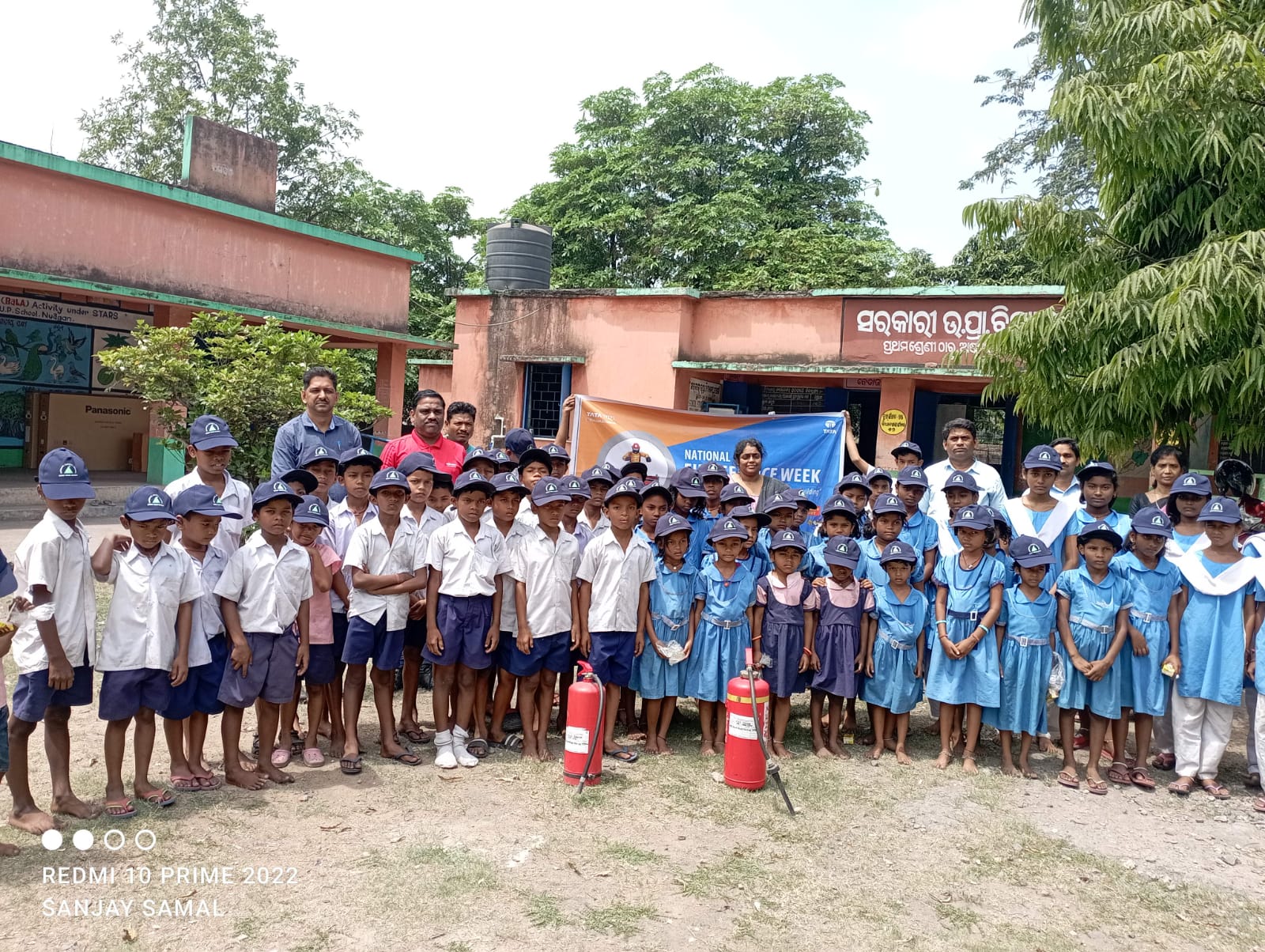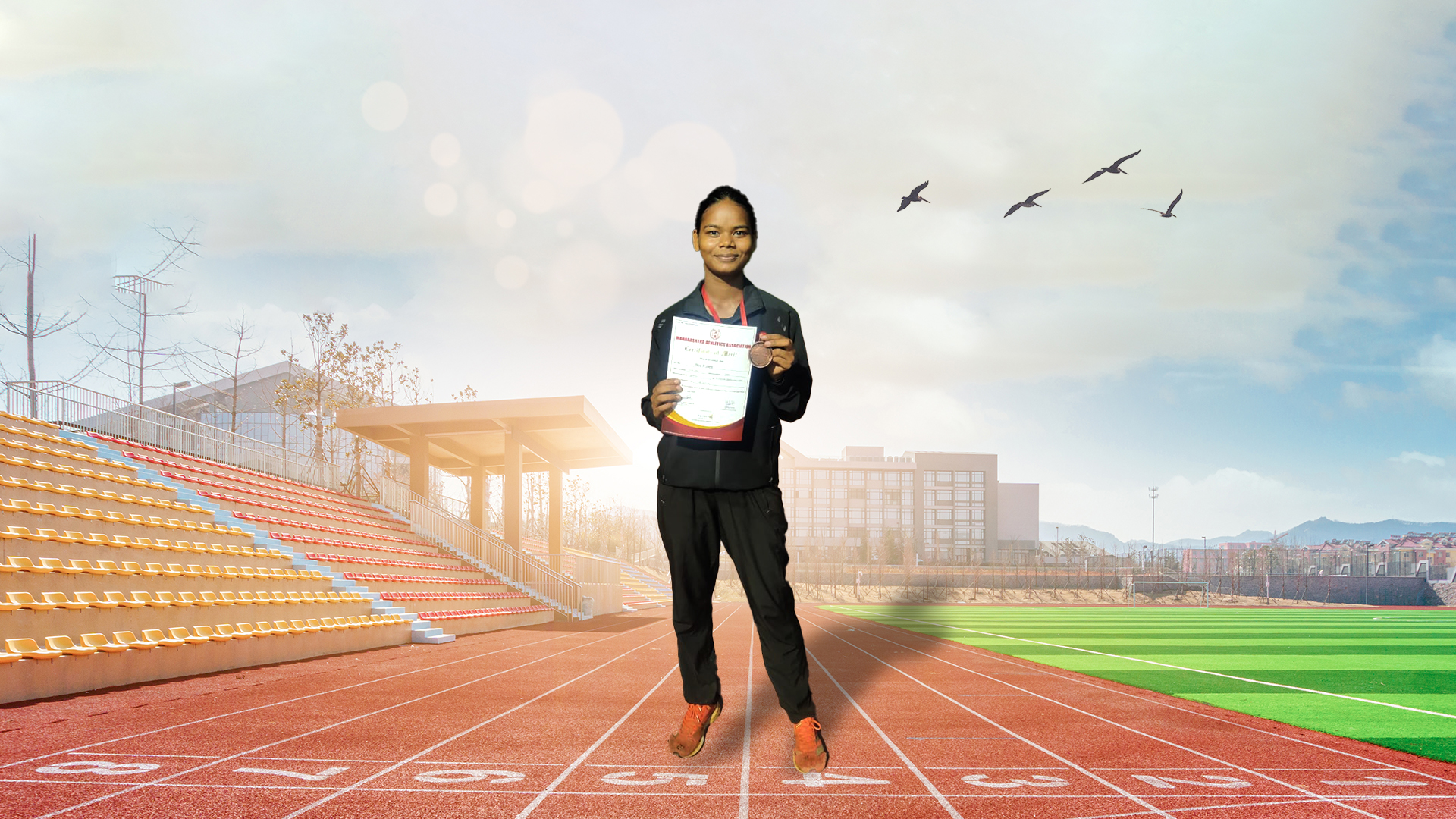Subscribe our Weekly Newsletter
RFP - Addressing ethnic inequality – experiences of reform

Organization: UNU-WIDER
Apply By: 31 May 2021
Request for research proposals
Addressing ethnic inequality – experiences of reform
United Nations University World Institute for Development Economics Research (UNU-WIDER) is now requesting research proposals on a core theme of the Addressing group-based inequalities project: ‘Experiences of Reform’. Proposals for research that speak to the core questions of this research stream and draw on focused analysis of one or more government policies, programmes, or other reform efforts to address ethnic inequality will be considered.
Submission deadline: 31 May 2021, 23:59 UTC+3
Background
United Nations University World Institute for Development Economics Research (UNU-WIDER) is now requesting research proposals on a core theme of the Addressing group-based inequalities project: ‘Experiences of Reform’. Proposals for research that speak to the core questions of this research stream and draw on focused analysis of one or more government policies, programmes, or other reform efforts to address ethnic inequality will be considered.
Inequality and exclusion — which have persisted and deepened even amid economic growth in many contexts — are major global challenges. This is underscored in the Sustainable Development Goals (SDGs), especially in the core principle of ‘leave no one behind’, and in SDG 10: Reducing Inequality. Research proposals accepted for the Addressing Ethnic Inequality – Experiences of Reform stream should speak to the challenges of inequality and exclusion and focus on efforts to address socioeconomic inequalities between groups in society defined in ‘ethnic’ terms broadly conceived.
‘Ethnic’ is used here to refer to categories based on ascriptive attributes that are generally inherited at birth, including skin colour, language, tribe, caste, religion, region, kinship, and other communal identity markers (see, e.g., Chandra 2006; Hale 2004; Horowitz 1985). A growing literature explores the significance of such ethnic (or ‘group-based’ or ‘horizontal’) inequalities across diverse dimensions of ascriptive cleavage — for instance, race in South Africa, indigeneity in Mexico, or caste in India (see, e.g., Alesina, Michalopoulos, and Papaioannou 2016; Brown and Langer 2010; Canelas and Gisselquist 2018; Cederman, Weidmann, and Gleditsch 2011; Østby 2008; Stewart 2002).
A rich body of related research speaks to the impact of various policies to address inequality, offering lessons on which policies may be worth expanding or adopting elsewhere (see, e.g., Abdullah, Doucouliagos and Manning 2015; Gulzar, Haas, and Pasquale 2020; Jorda and Alonso 2020; Owusu-Addo, Renzaho, and Smith 2018; Ravallion 2020). In comparison to the large literature focused on evaluating policy impact, considerably less attention has been paid to how such policies come about (rather than others) and are sustained (or not).
This research stream will speak to this latter area and suitable proposals will pay attention to politics, policy-making, and policy implementation. This stream will produce in-depth studies of a diverse range of efforts to address ethnic inequality that speak to the following key questions:
- Why was a particular policy, programme, or reform initiative pursued, rather than alternatives?
- Why was it pursued in one period, rather than another?
- Who were the key champions and opponents?
- How did the political will for addressing ethnic inequalities — and doing so in this way, rather than another — come about?
- What other institutions, individuals, and factors played a key role in shaping implementation?
- What were the major obstacles and how were efforts sustained (or not)?
Offer and expectations
UNU-WIDER invites proposals from qualified researchers for papers examining the politics and experiences of reform to address ethnic inequality that include focused analysis of one or more government policies, programmes, or other reform efforts to address ethnic inequality. Interested applicants should note that proposals on other related topics — including impact evaluations and other analyses whose primary focus is to assess the impact of a given policy — are outside the scope of this request.
The aim is that papers invited under this request will contribute to a body of work providing in-depth examination of experiences of reform in addressing ethnic inequalities, contributing to our work under this research stream. Papers of sufficient quality will be published in the WIDER Working paper series, and some may be invited to participate in an edited book volume and/or a journal special issue.
A core aim of this request for research proposals is to support researchers in and from the countries of study. As such, submissions from these groups or individuals are particularly encouraged. Proposals from individuals (or groups of individuals) as well as non-profit organizations are welcome. Applications from developing country researchers, as well as early-career and female scholars, are especially encouraged.
Proposal submission details
Submission of proposals is done electronically by using a form on the RFRP announcement page (see sidebar). There are three forms to select from: one for individuals, another for groups of individuals, and a third for non-profit organizations. Details (such as address, gender, nationality, date of birth) of all researchers involved are to be entered in the form and the proposal (brief and extended abstracts) and writing samples and short CVs (five pages or less) of researcher/s uploaded. Please familiarize yourself with the form in advance.
Any questions on the proposal process should be sent to researchproposal4@wider.unu.edu by 16 May 2021. All queries and responses will be published on this page. Selected answers will be updated on a rolling basis.
For more information please check the Link
Latest Online Store
Latest Grants
© Renalysis Consultants Pvt Ltd


























